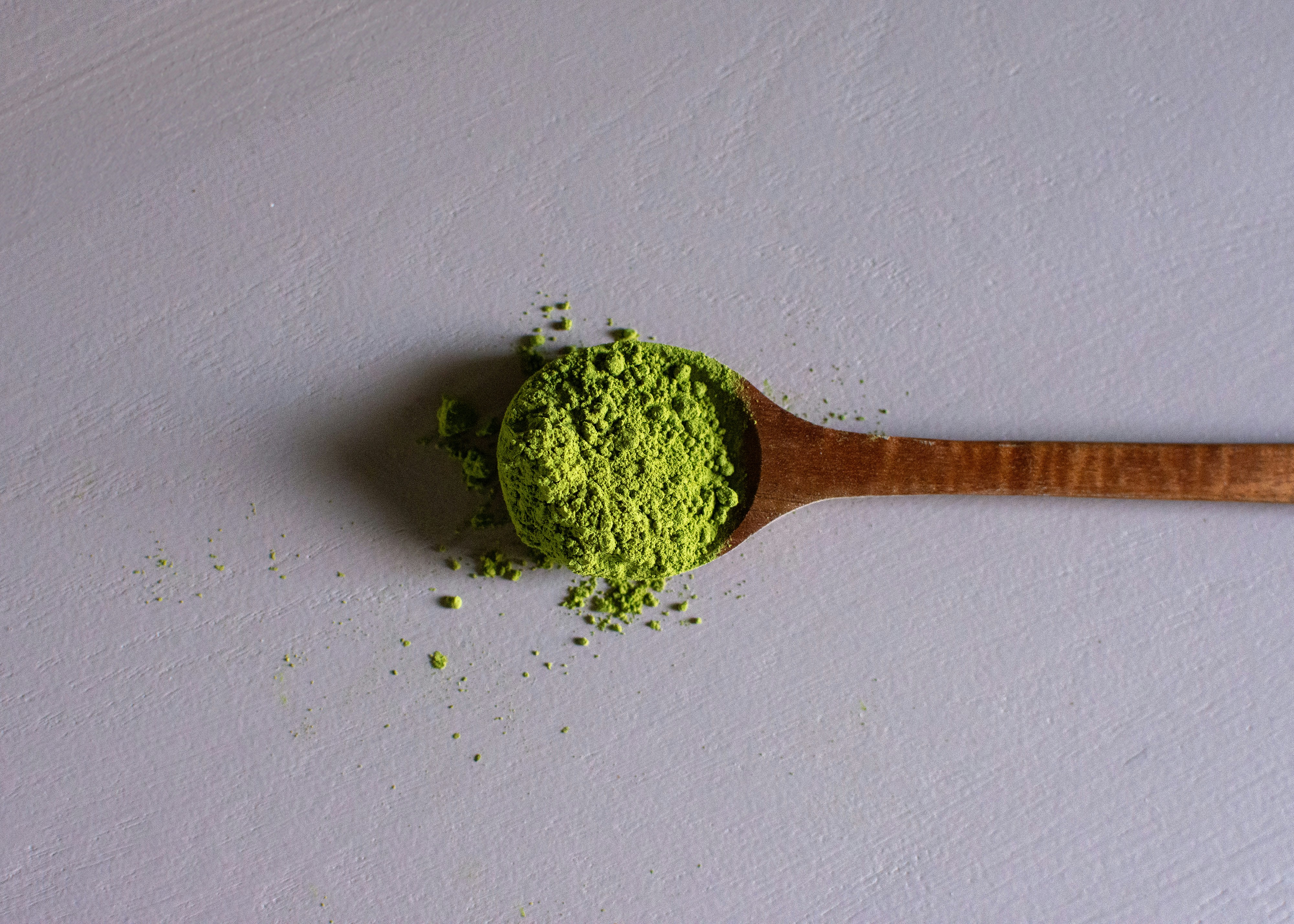Many experts assert that exercise can be a valuable part of your healing journey from addiction. While physical fitness cannot be the sole treatment for substance use disorder, when it’s combined with behavioral therapies and medication-assisted treatment, exercise becomes a powerful recovery tool.
Exercise Builds Your Mind-Body Connection
When you struggle with addiction, your brain becomes rewired to constantly crave “feel good” chemicals like dopamine and endorphins. With long-term substance abuse, you stop naturally producing those chemicals, and the day-to-day activities that used to give you a sense of happiness may lose their appeal. Quitting substances is a difficult process, but recovery can be achieved with the right support and treatment.
Once sober, you will need to find other ways to experience natural releases of endorphins. One healthy outlet is physical activity. Not only does regular exercise release pleasurable chemicals in the brain, but it can also help improve mood regulation and reduce anxiety and depression. With all this in mind, it makes sense that drug misuse and physical activity affect similar parts of your brain. And it’s also why experts see fitness as a healthy stand-in for addictive substances.
Moreover, in early recovery, your body is still healing from the damage caused by addiction. Exercise can help you feel stronger, and more energized, and improve your sleep routine. Feeling good physically can positively impact your mental health and vice versa. It’s when one of these is neglected that the mind-body connection becomes off balance and wreaks havoc on our lives. By making exercise a part of your daily routine in recovery, you can watch the benefits unfold.
Benefits of Exercise in Addiction Recovery
Staying in shape looks different for everyone. When some people hear the word “exercise”, they might think of someone lifting heavy dumbbells or sprinting on the treadmill at the highest setting. But the great part about exercise is that you can reap the benefits of simply walking for 30 minutes or incorporating yoga into your daily routine. Start out small and find what works best for you!
Here’s how exercise can benefit everyone, especially those in recovery:
1. Reduces Drug Cravings
When you’re in early recovery, you might experience intense urges to use substances, despite wanting to stay sober. Drug cravings can be caused by a trigger and happen frequently during post-acute withdrawal. Exercise, whether it’s going for a run, cycling, or practicing yoga, can distract your mind from cravings and refocus your attention on something positive. One study found that exercise actually protects the brain against strong cravings for drugs and alcohol by reducing compulsive behavior.
2. Minimizes Stress
Recovering from addiction is incredibly stressful. Oftentimes, people self-medicate with substances to escape from stress or anxiety. So, when drugs and alcohol are removed from the picture, you need to be prepared to deal with stress using healthy coping mechanisms. According to Harvard Health, exercise reduces levels of your body’s stress hormones, like adrenaline and cortisol, and boosts endorphin levels. Many runners or heavy lifters may experience something known as a “runner’s high” which is responsible for those feelings of optimism that make you want to push through your workout. Some people who are depressed or anxious may not have the desire to work out. But even a 10-minute walk is a great place to start as the natural painkillers that are released through regular movement can slowly build up over time.
3. Improves Overall Mood
In early recovery, you’ll often have rapid mood swings and low motivation levels. Working out burns calories and raises self-confidence levels. It inspires you to keep engaging in healthy habits. In one study, after exercising, participants reported having a better mood with decreases in tension and anger. Find what type of physical activity interests you – whether that’s weightlifting, playing a sport with friends, cardio classes, or gardening. Do a combination of your favorite exercises and switch it up each week so it’s something you can look forward to.
4. Higher Quality Sleep
Exercise increases the amount of time you spend in deep sleep, the most physically restorative sleep phase. In addition to improving the quality of your sleep, the duration of your sleep will likely last longer. When you are using energy to work out, you’ll naturally feel more ready for bed at the end of a long day. As mentioned before, exercise can also lower stress, which is a common reason many people have trouble falling asleep at night. Some evidence has even revealed that aerobic exercise can help alleviate symptoms of insomnia and other sleep disorders.
5. Provides Structure
Most recovering individuals have a lot of spare time on their hands. To avoid falling back into poor habits, it’s important to have a structured routine. Working out for an hour a day several times a week can give you something to plan your days around.
If you or a loved one is struggling with addiction, Mountainside can help.
Click here or call (888) 833-4676 to speak with one of our addiction treatment experts.

 By
By 







